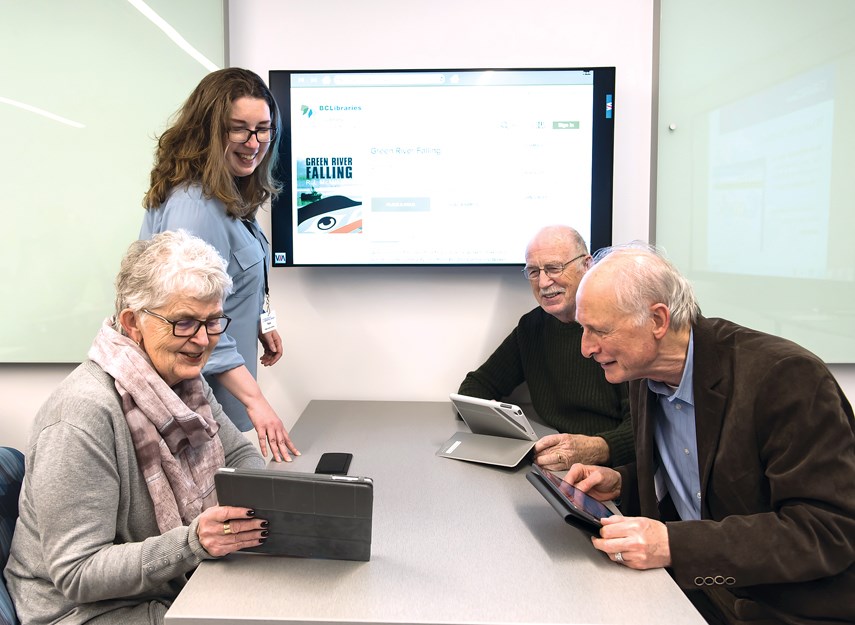The West Vancouver Memorial Library is giving you the option to kick off the new year with a cleanse.
On Saturday the library is offering those interested in purging themselves of the popular social media platform Facebook an instructional session on how to delete their accounts.
“Deleting your Facebook account involves more steps than you might think,” reads an online description for the event, which is running on Jan. 5 from 2:30 to 4 p.m. in The Lab at the library. “We’ll show you how in this demo-style class.”
Kaya Fraser, a digital access librarian with the West Van library who among her job duties offers sessions on technology instruction in both one-on-one and in group settings, is shepherding the event.
“I’ve taught classes on how to sign up for and use Facebook for some time. In fact, that class ballooned out – it was one class and then it got split into a two-part class because … Facebook has gotten more and more complex,” said Fraser.
But with Facebook’s ascendant popularity has also come a host of controversies that have soured some people on the social media platform, noted Fraser.
Although Facebook currently boasts more than two billion members and gained popularity during the last decade as droves of people signed up in order to connect with their friends and family, the company has faced controversy in the last few years, with scandals involving the proliferation of fake news, as well as the Cambridge Analytica data scandal last year where it was revealed that a political consulting firm harvested the personal data of millions of Facebook users without their consent.
As time has gone on, explained Fraser, fewer and fewer people have been signing up for the instructional sessions offered at the library that help people learn how to log on, with more and more people opting to log out.
“We started speculating as a team as to why this might be and we also noticed at the same time we were getting more questions at our desks and in other classes about quitting Facebook, especially after the Cambridge Analytica scandal and Facebook just seemed to be in the news all the time in a somewhat negative light,” said Fraser. “Our patrons are very aware of these things and they were asking us, ‘OK, well should I still be on this platform? What do I need to know about my privacy? If I do quit, how do I do that?’ We kept getting these questions and that’s when we thought we’re going to listen to what people are saying here and asking.”
The library takes a neutral position regarding Facebook, noted Fraser – they just want to give people in the community all the tools at their disposal when it comes to the digital realm, whether that means the knowledge to sign up for Facebook or permanently log off, if they so wish.
“We really like to empower people with knowledge. We’re not taking a side, one way or another. You don’t have to stay on Facebook, you don’t have to leave it. But we want to give people the information they need to make an informed decision,” said Fraser.
The library ran a similar event on how to get off Facebook back in October which was well attended, said Fraser, adding that there are four main objectives for the session.
In the first part of the session, noted Fraser, they’ll discuss some of the perceived pros and cons of Facebook; in the second part of the session they’ll look at a number of different levels when it comes to quitting Facebook – including taking a break from it, deactivating an account, or even deleting it completely. The third objective of the session is to give patrons the “preparation steps” required for actually deleting a Facebook account, while the fourth objective of the session is to inform people about other ways they can connect with friends and family online and through other social media.
“It’s about empowering people and this is a common thread throughout all of our programming in The Lab,” said Fraser. “We want to give people options and help them feel more in control of their digital life and less like a passive consumer.”
For more information about the How to Quit Facebook session, visit the library’s community computing centre or email [email protected]. Online registration is required to attend the class.



